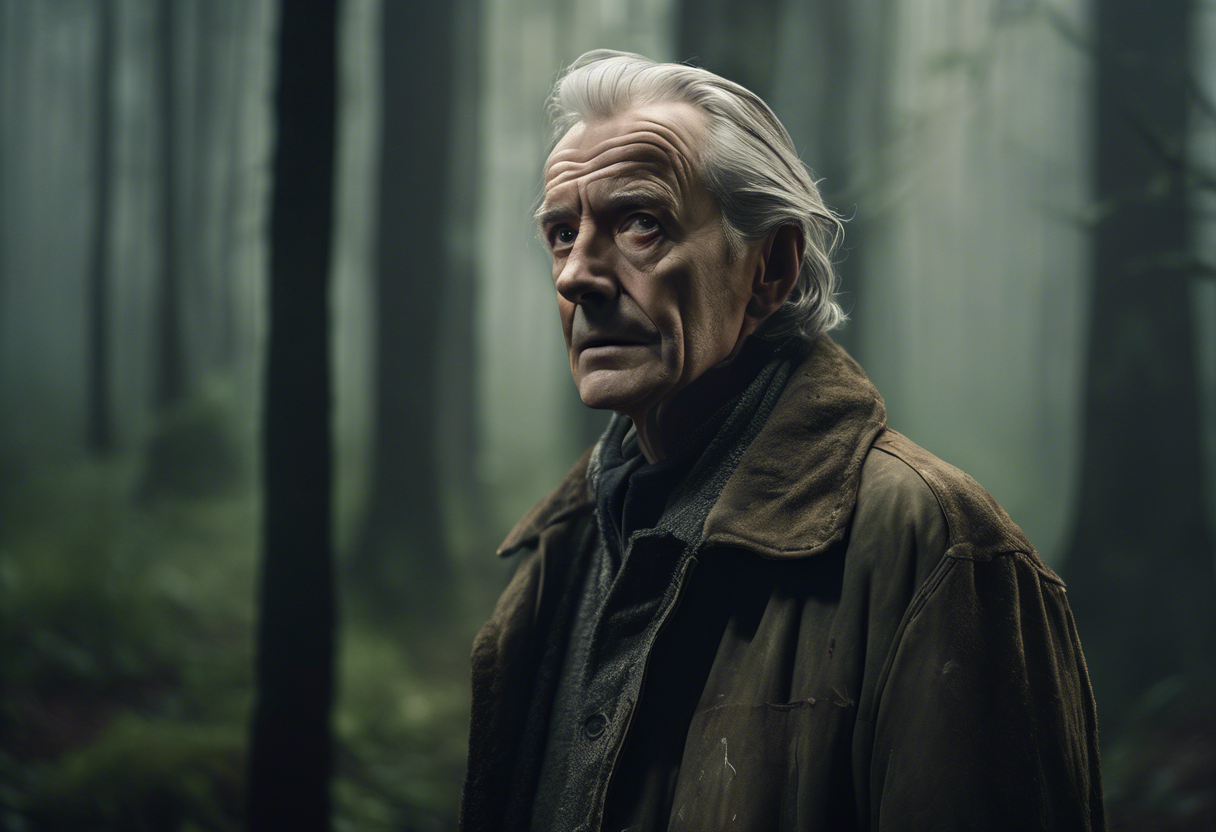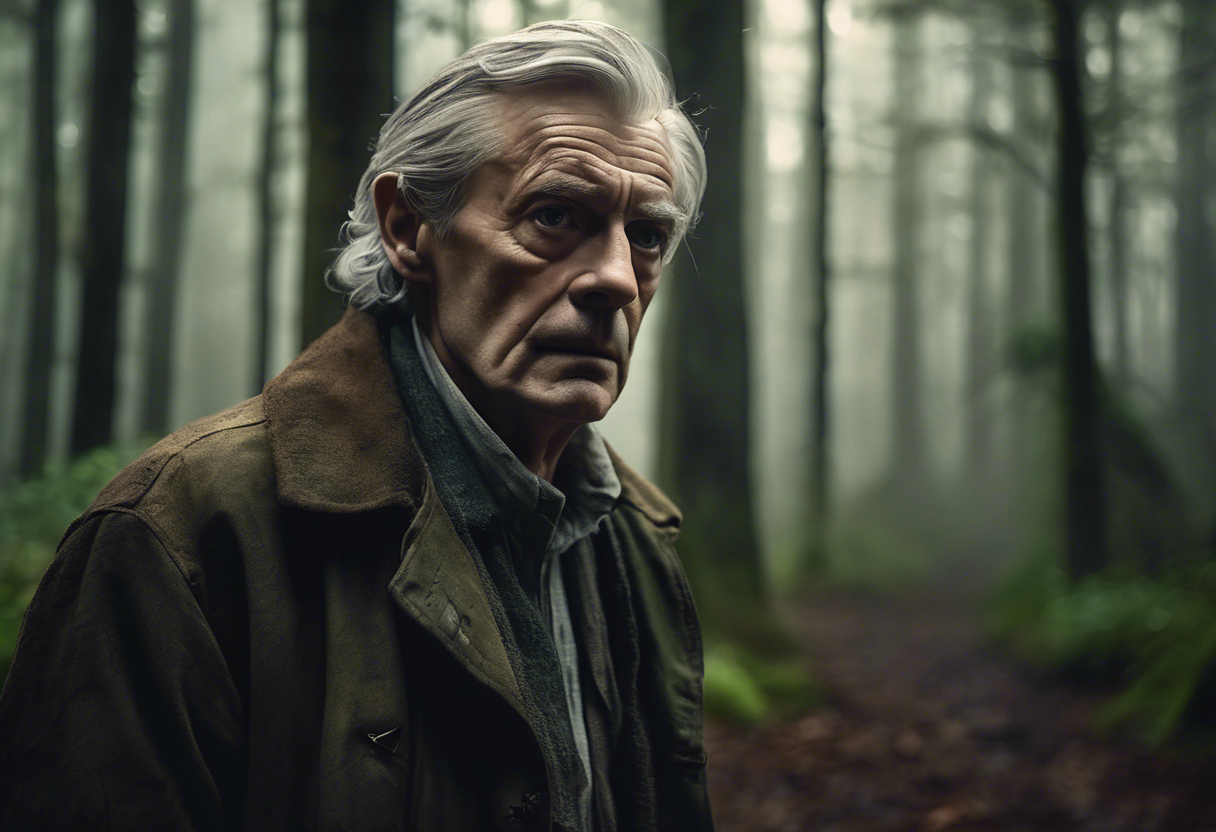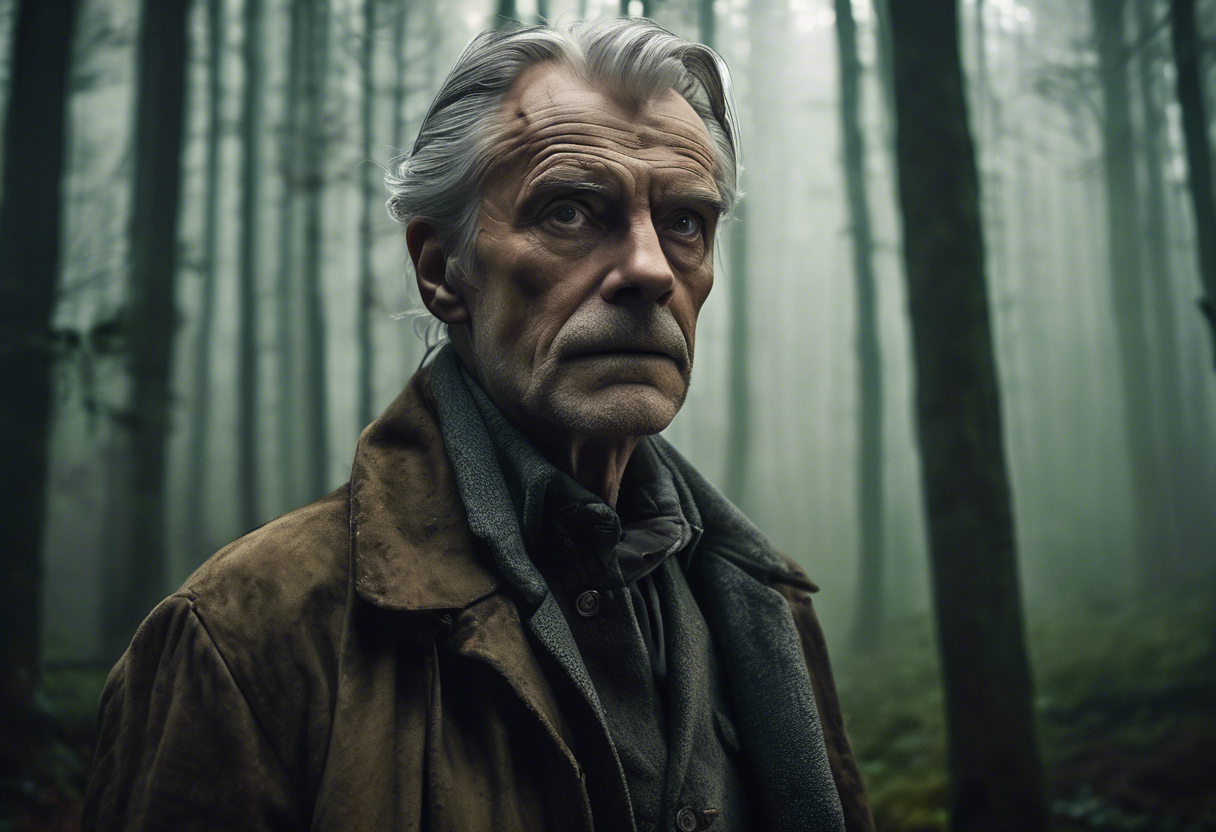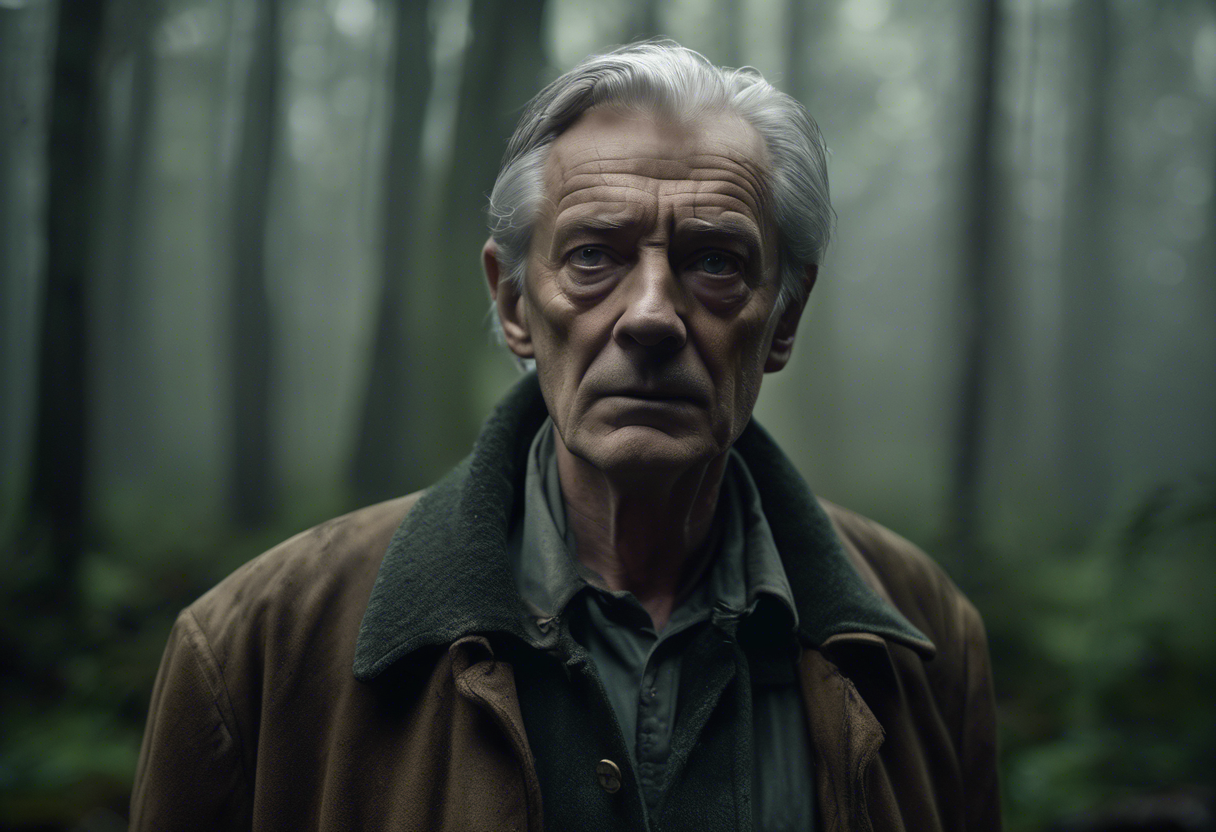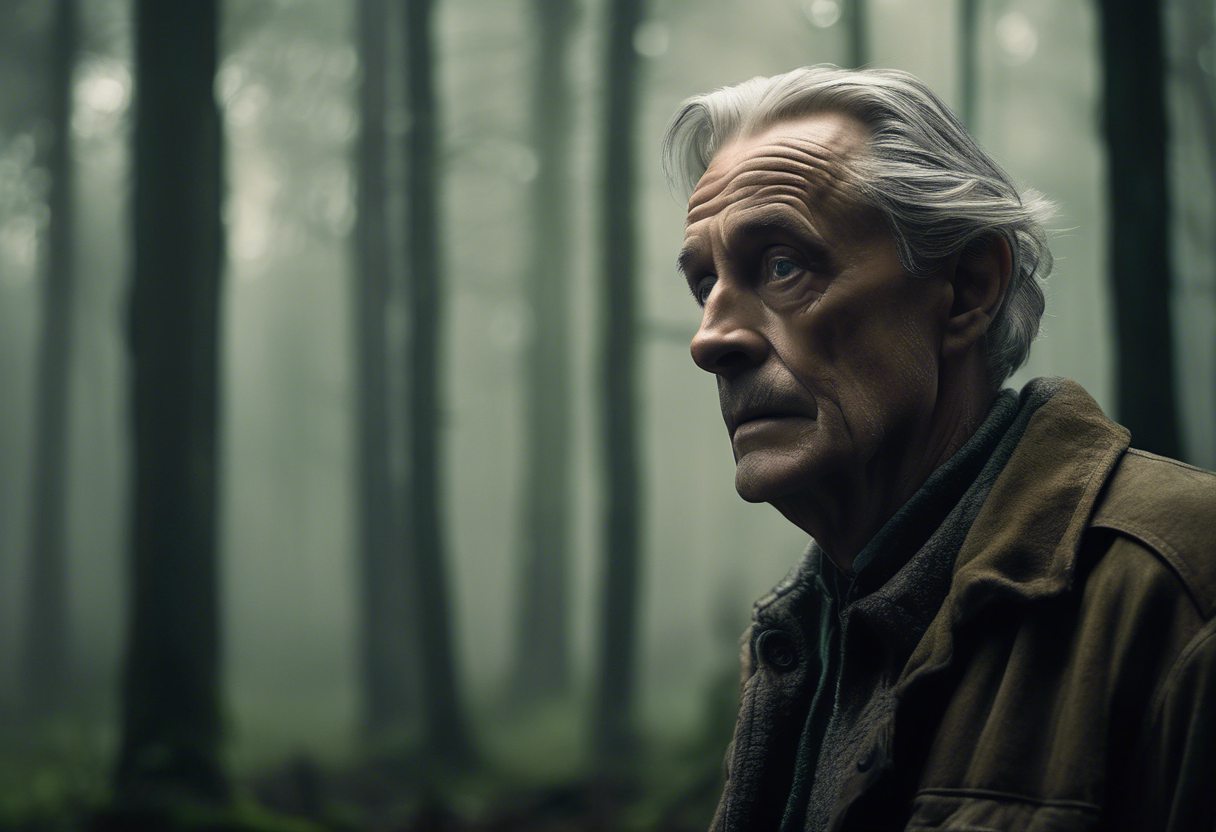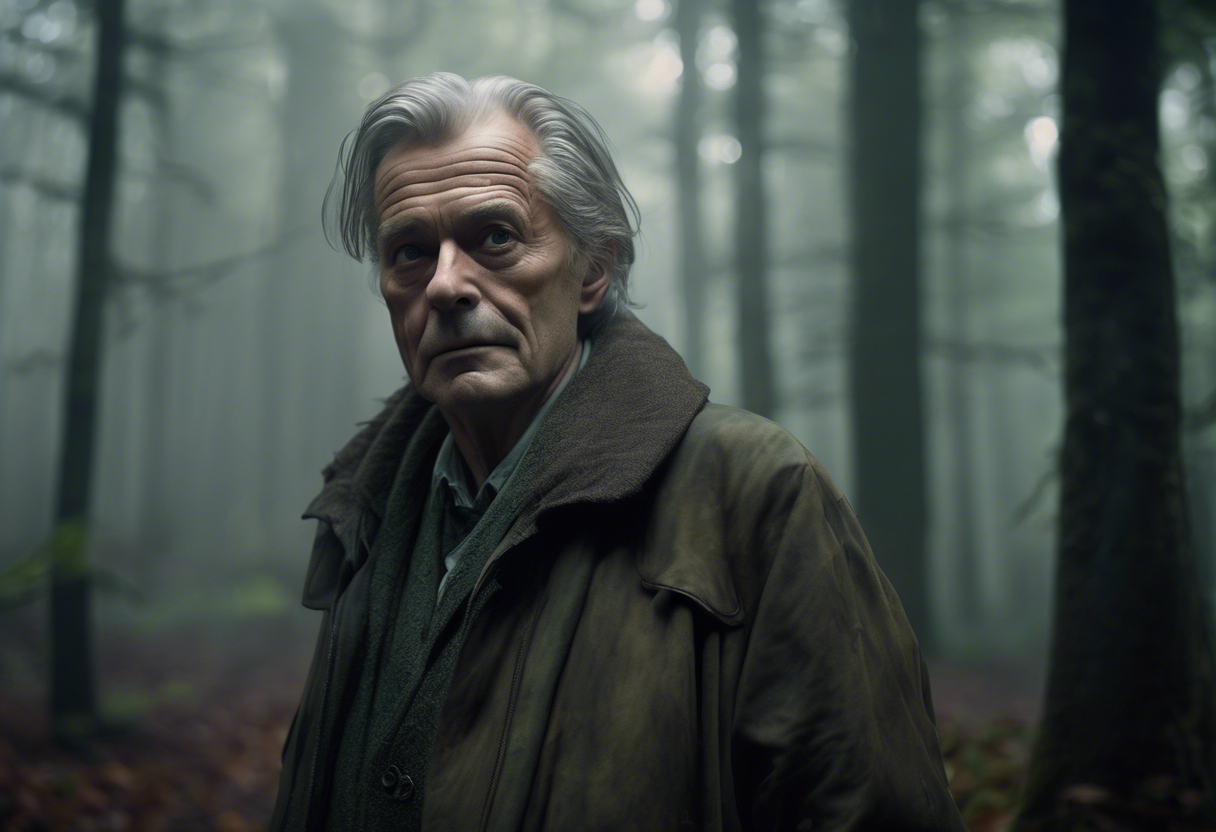Contents
Helge Doppler: The Complex and Troubled Soul of Netflix’s Dark
Introduction
Helge Doppler, a central character in the Netflix series Dark, is a figure shrouded in mystery, tragedy, and complexity. Played by Hermann Beyer and Peter Schneider, Helge’s character spans multiple timelines, revealing a life marked by both horrific deeds and a deep-seated desire for redemption. Born to Bernd and Greta Doppler, Helge’s origins are rooted in the dysfunctional family dynamics that permeate the series. His role is pivotal in unraveling the intricate web of time travel, family secrets, and the dark history of Winden.
Helge’s significance extends beyond his individual storyline, as he embodies themes of guilt, redemption, and the cyclical nature of time. His character connects to broader literary traditions of tragic figures and the exploration of human morality in the face of overwhelming circumstances. This article will delve into Helge’s backstory, his role in the series, his character analysis, the themes and symbolism he represents, his cultural impact, critical reception, and his enduring legacy.
Role in the Series
Helge Doppler’s journey is a tumultuous one, marked by significant events that shape the narrative of Dark. In 1953, at the age of 9, Helge is brutally attacked by Ulrich Nielsen, who believes killing him will prevent future tragedies. However, Helge survives and is later found by H.G. Tannhaus, setting the stage for his complex and troubled life[5].
As an adult, Helge becomes a henchman for Noah (also known as Hanno Tauber), assisting in the kidnapping of children for sinister experiments. By day, he works as a security guard at the Winden power plant, but by night, he is involved in Noah’s dark activities, including the disposal of dead children[4].
Helge’s personal life is equally fraught. Despite his involvement in heinous crimes, he manages to start a family, fathering Peter Doppler. However, his later years are marked by dementia, and he is eventually moved to a care facility. Feeling guilt over his past actions, Helge breaks out of the facility and travels back to 1986 in an attempt to warn his younger self about the impending dangers. This attempt ultimately fails, as his younger self survives the car accident Helge orchestrates, while the older Helge dies[4].
Helge’s relationships with other characters are crucial to the plot. His connection to Noah and the mysterious events in Winden ties him to the central mystery of the series. His interactions with his family, particularly his son Peter and daughter-in-law Charlotte, highlight the generational trauma and secrecy that define the Doppler family.
Character Analysis
Helge Doppler is a multifaceted character, driven by a mix of motivations that make him both compelling and relatable. His early life, marked by trauma and violence, sets the stage for his later actions. As a henchman to Noah, Helge is driven by a sense of loyalty and possibly a desire for power or protection. However, this loyalty is also tinged with a deep-seated guilt that eventually consumes him.
One of Helge’s defining traits is his struggle with morality. Despite being involved in horrific crimes, he exhibits moments of humanity and a desire for redemption. This internal conflict makes him a complex and sympathetic character, as audiences can see the turmoil he faces.
Helge’s development throughout the series is marked by his gradual descent into dementia and his desperate attempts to make amends for his past. His actions, though often misguided, are driven by a desire to protect others and himself from the consequences of his deeds.
Themes and Symbolism
Helge Doppler embodies several key themes and symbolic elements that are central to Dark. One of the most prominent themes is the concept of guilt and redemption. Helge’s life is a testament to the enduring power of guilt and the human desire for forgiveness, even in the face of unimaginable wrongdoing.
The character also symbolizes the cyclical nature of time and the inevitability of fate. Despite his attempts to alter the past, Helge’s actions ultimately contribute to the very cycle he tries to break. This theme is reflective of the series’ broader exploration of time travel and the interconnectedness of events across different timelines.
Helge’s dementia and his prophetic mumblings serve as a symbolic representation of the fragmented nature of time and memory. His condition reflects the disjointed and often incomprehensible nature of the timeline in Dark, where past, present, and future are intertwined.
Cultural Impact
Helge Doppler has had a significant cultural impact, particularly among fans of the series. His complex and troubled character has sparked numerous discussions and analyses about morality, guilt, and the human condition. The character’s portrayal by Hermann Beyer and Peter Schneider has been praised for its depth and nuance, adding to the overall richness of the series.
In terms of adaptations or spin-offs, Helge’s character has not been directly adapted, but his influence can be seen in the way other characters in similar series are developed. His role in Dark has set a precedent for complex, morally ambiguous characters in television.
Critical Reception
Critics and audiences have received Helge Doppler with a mix of fascination and horror. His character has been praised for its complexity and the way it adds depth to the narrative of Dark. The portrayal of his guilt and redemption arc has been particularly noted, as it humanizes a character who could otherwise be seen as purely villainous.
However, some critics have also pointed out the controversial nature of his actions and the moral ambiguities they present. The series’ handling of themes such as child kidnapping and murder has been a subject of debate, with some viewers finding it too intense or disturbing.
Legacy
Helge Doppler’s legacy in the world of television is significant. He represents a new archetype of complex, morally ambiguous characters that challenge traditional notions of good and evil. His story has inspired discussions about the nature of time, guilt, and redemption, making him a memorable and impactful character.
In contemporary discussions, Helge’s character continues to be a point of reference for exploring themes of morality and the human condition. His influence can be seen in other series and films that delve into complex character development and the exploration of dark themes.

